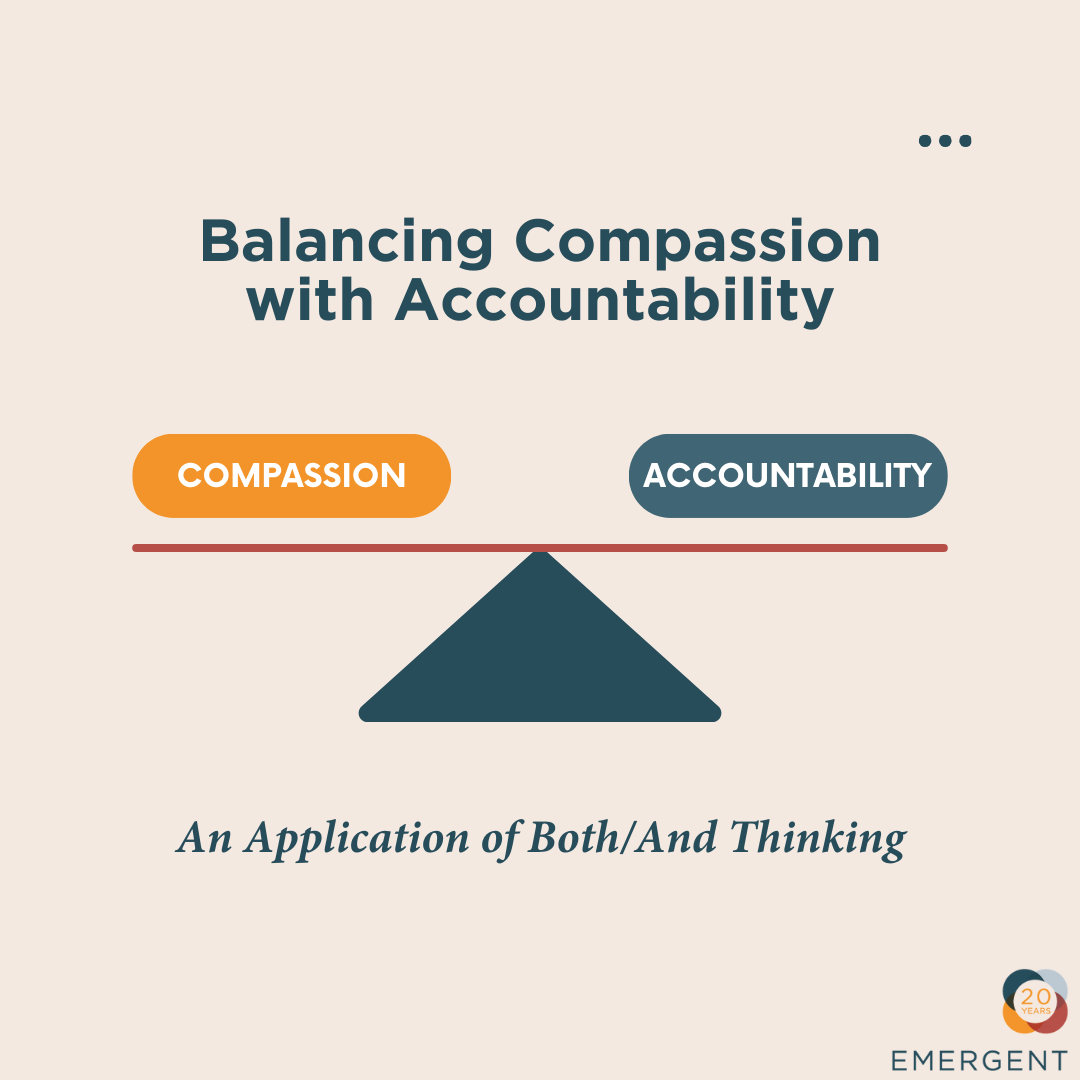Leaders are increasingly adopting a compassionate and empathetic approach to management. This shift, while positive in many respects, has sparked a debate about its potential downsides. Specifically, some leaders fear that their efforts to accommodate employees’ needs might inadvertently foster a sense of entitlement and erode accountability. This blog explores these concerns and offers insights into how leaders can balance compassion with effective management.
Modern leadership often emphasizes understanding and flexibility. Leaders who prioritize empathy and accommodation aim to create supportive work environments, recognizing that personal well-being impacts professional performance. This approach can lead to increased morale, higher job satisfaction, and better overall performance.
Despite these benefits, there is a growing concern among some leaders that this compassionate approach might lead to unintended negative consequences:
- Entitlement: Employees might begin to expect special treatment or become resistant to constructive feedback. Leaders worry that this sense of entitlement could undermine performance standards and team cohesion.
- Accountability: Highly accommodating environments might result in lowered expectations and toleration of subpar performance as the focus shifts toward being understanding rather than maintaining rigorous standards.
Thankfully, it is possible to address these concerns without reverting to iron-fist leadership styles. This is a both/and situation that can be achieved through attention and awareness. Both/and thinking involves recognizing and integrating two interdependent values or goals that are both necessary but often seem to be in tension. In this context, the polarity is between compassion (accommodation) and accountability. This is not a matter of either/or solution finding; both elements are crucial. Compassion fosters a supportive and engaging work environment, while accountability ensures performance and productivity. Balancing these aspects requires ongoing attention and adaptability, as neither side should dominate at the expense of the other.
By applying both/and thinking, leaders can create a dynamic and resilient workplace. I’ve put together some practical tips to achieve an integration of compassionate leadership and performance management. The shift towards compassionate and empathetic leadership is a positive development, but it requires careful management to avoid potential pitfalls:
- Define Boundaries and Expectations Clearly
Compassionate leadership doesn’t mean lowering standards or avoiding accountability. It’s crucial to set clear expectations and communicate them effectively. Employees should understand that while their well-being is valued, performance and behavior standards are non-negotiable.
- Promote a Culture of Mutual Respect
A culture of mutual respect can mitigate the risk of entitlement. Employees should feel valued, but also recognize their responsibility to contribute to the team’s success. Leaders can foster this culture by consistently modeling respectful behavior and holding everyone to the same standards.
- Implement Fair and Transparent Processes
Transparency in decision-making processes can help prevent perceptions of favoritism or entitlement. By being clear about how decisions are made and how performance is evaluated, leaders can maintain fairness and uphold accountability.
- Encourage Open Communication
Open communication channels allow organizations to address concerns and set expectations in real-time. Employees should feel comfortable discussing their needs while also being receptive to feedback and constructive criticism.
- Balance Accommodation with Performance Management
Accommodation should not come at the expense of performance management. Leaders can balance flexibility with regular performance reviews and constructive feedback. This approach ensures that while employees are supported, they are also held accountable for their roles and contributions.
Leaders who approach management with empathy and compassion need not fear the negative consequences of entitlement. Instead, by implementing strategies to balance accommodation with accountability, they can create a thriving, respectful workplace that fosters both personal well-being and professional excellence.
Feel free to reach out to me at [email protected]. Let’s work together to grow as leaders and create workplaces that support both employee well-being and high performance.

Comments (1)
Thank you for this article. It was very informative.